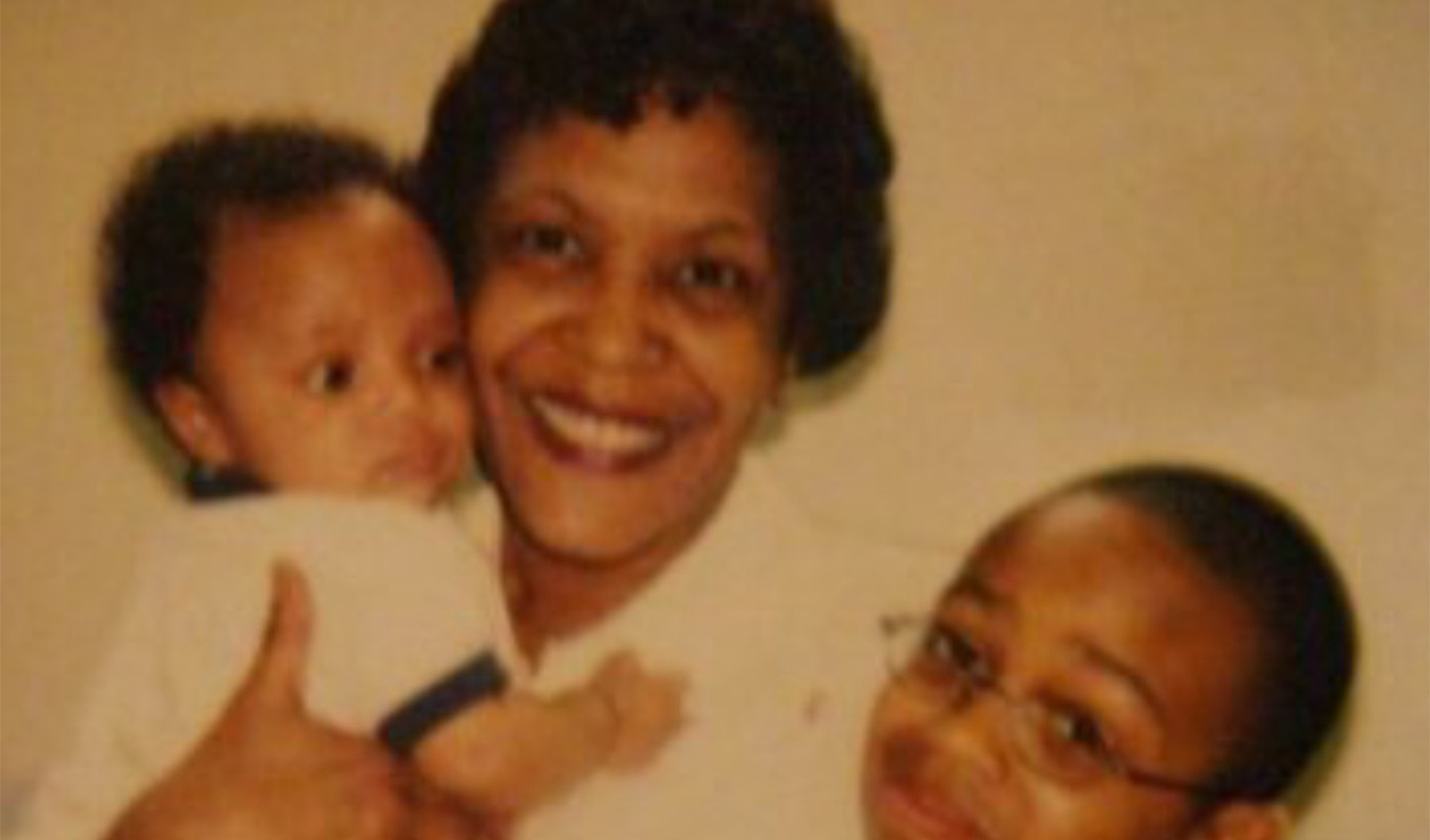Innocence Project Asks Court to Grant Testing in Upstate New York Murder Case
01.24.18 By Innocence Staff
In 1997, Renay Lynch was sentenced to 25 years to life in prison after she was found guilty of being an accomplice to the robbery and murder of an elderly woman in Amherst, New York. But last week, attorneys for Lynch were in court to argue that DNA testing of 1995 crime scene evidence, if granted by the court, could prove her longstanding claim of innocence.
In 1995, 82-year-old Louise Cicelsky was found stabbed to death in her apartment, which was part of a multi-family home. The investigation was ongoing with no one arrested until late 1996 when Lynch made a statement to police. Lynch was implicated in the case because she was one of Cicelsky’s tenants and had spoken to police on the phone when she called Cicelsky’s home to check in on the elderly woman after learning that law enforcement was outside of her home.
According to Lynch’s lawyers—which include Innocence Project Staff Attorney Susan Friedman and Co-Director Barry Scheck, and Jane Fisher-Byrialsen of Fisher & Byrialsen—Lynch was questioned about the crime several times over the course of 18 months. Finally in late 1996, she told investigators that she and a man named Kareem Walker had gone to the elderly woman’s apartment to rob her. While there, said Lynch, Walker physically assaulted Cicelsky and then robbed and killed her. Immediately after confessing to the police, however, Lynch recanted and has maintained for over the last 20 years that her statement to police was false.
At her trial, Lynch testified that her confession was coerced and that police told her that they knew she wasn’t guilty; they told her they simply needed her to confess to being at the scene in order to make a strong case against the person who actually committed the crime. Despite her testimony, the confession—along with testimony from a jailhouse informant who said that Lynch confessed to her—resulted in a guilty verdict. Walker was never arrested or charged. And since Lynch’s conviction, the jailhouse informant has recanted.
In court on Friday, Lynch’s attorneys argued that Lynch’s false implication of Kareem Walker as the man who killed Cicelsky is proof not only that the original confession was totally fabricated but also that the prosecution did not have a solid case given that they built their argument around Lynch’s false confession.
To provide the court with definitive evidence that Lynch had no involvement in the crime, her attorneys asked the court to grant DNA testing of crime scene evidence and a re-examination of fingerprints found at the crime scene. According to the Buffalo News, which covered last week’s hearing, Friedman explained that “a modern DNA analysis of numerous pieces of evidence from the Cicelsky’s home – including a bloody fingerprint on a dresser, a telephone cord, fingernail clippings from the victim, and 31 locations where ‘blood swabs’ were taken – could turn up evidence that would help police find the killer.”
Leave a Reply
Thank you for visiting us. You can learn more about how we consider cases here. Please avoid sharing any personal information in the comments below and join us in making this a hate-speech free and safe space for everyone.
March 14, 2019 at 1:02 pm
January 31, 2018 at 3:13 pm
I hope he gets out in 2018.

Thank You for what you do. I have seen False Confesions documentary on Aljazeera it is really moving.